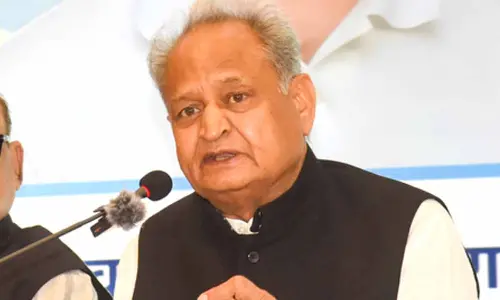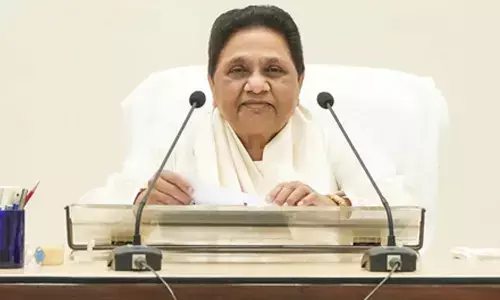Publisher still important in the new 'author-driven' world

The changing face of the publishing industry is quite evident even to the casual bystander.
The changing face of the publishing industry is quite evident even to the casual bystander.
Terming it Publishing 3.0, Vikas Gupta, MD at Wiley India, says this new wave is bringing with it the disruptive models that are all set to transform the traditional publishing patterns.
For many years now publishing has followed a linear model. The author writes the text and passes it on to the publisher who performs the tasks of editing, designing, marketing, printing, and finally distributing the book.
From here the book passes to the end user. But with the advent of technology, this unidimensional model has undergone a change.
E-books and E-publishing are changing the nuances of this business model. Authors no longer depend on publishers to publish their book. They are able to do it by themselves using the online platform.
Not only does such an online release eliminate the need for a publisher, it also increases the reach of the author by making the release global in an instant.
So, does this mean the end of publishing houses? It would be too quick to jump to that conclusion.
This revolutionary change is fueled not just by technology but also the way consumers and creators interact and engage with each other.
Vikas Gupta says that the importance of the publisher in this 'author-driven' world, lies in their gamut of experience that is irreplaceable and continues to be important as the competition in the digital world increases.
The value of content too is an important aspect; readers want to read novel things that are not easily available on the internet.
The publishers also need to make available multiple modes of learning to the reader, which are aligned to their fast-paced requirements and low attention spans.
This means making use of visual learning aids and other means to add value to their content.
Artificial Intelligence, Data Analytics, Text Analytics, and Sentiment Analytics are all potent tools to personalise the learning experience for the reader and enable charging a premium price.
The new model of publishing therefore hinges on how effectively it can offer learning solutions to the reader.
Another challenge that plagues online content is the copyright issue. Books can illegally be downloaded and printed, thereby infringing on the author's rights.
The solution to this problem lies in evolving a sustainable ecosystem wherein all the actors involved- author, publisher, reader- come together to analyse their contributions and work out a system that benefits all.
Publishers, especially, can tackle this issue by using technology to their advantage by creating unique value propositions that differentiates them from the free content available online.
They can also devise new business models like Subscription Mode, Value Added Curator Model, Value Added Reseller Model, and Freemium Model to retain the author's and reader's interest.
The services offered by a publisher in earlier times principally remain the same even in this digital age.
It is just a case of new packaging and adapting to the disruptive nature of technology that alters all that it touches.
Vikas Gupta (The author is the Managing Director(MD) of Wiley India)















